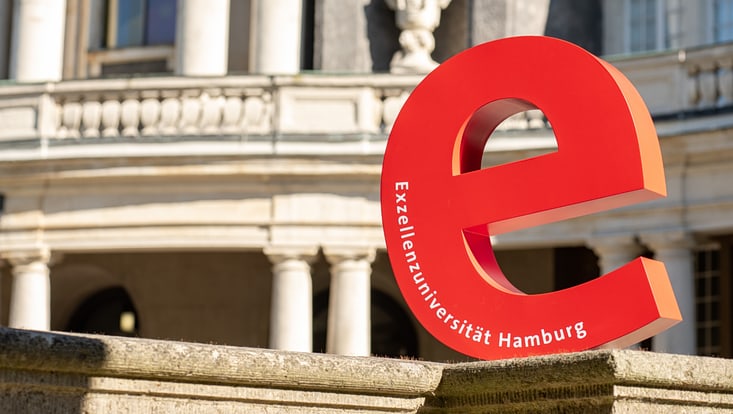Mathematical Neuroscientist appointed Nucleus Professor“I want to crack the code of neurons.”
27 July 2021, by Christina Krätzig

Photo: privat
Prof. Dr. Stefano Panzeri has joined Universität Hamburg as a nucleus professor. With its calls for applications for these professorships, the University aims to attract leading researchers and to advance the development of emerging fields, such as Neurosciences and Cognitive Systems. The application calls for nucleus professorships (nucleus is Latin for “kernel”) are being advertised within the scope of the Excellence Strategy of the Federal and State Governments.
Dr. Panzeri, as a mathematical neuroscientist, what exactly do you research?
I research how the nerve cells in the brain communicate with each other. These nerve cells, or neurons, communicate with each other by emitting small pulses of electricity akin to Morse code used in telegraphs. However, we do not yet understand how this works, because we do not know what language or code neurons use to talk to each other. As a mathematical neuroscientist, I develop algorithms to listen to neurons and crack their code. In addition, it is important to have close contact with researchers who are doing clinical experiments.
Do you do basic research, or are you focused on practical applications?
I do basic research. But the reason I do this research is for application purposes. Being able to talk with the nervous system, either by capturing its information or by writing new information into it, is key to finding new ways to cure problems of the nervous system. If we understood the code used by nerve cells, we could target nerve cells to send out certain impulses and communicate as desired. So we could help someone if, for example, a peripheral organ—say the retina—is damaged but the brain is intact. This may sound like science fiction, but we could restore a person’s vision by bypassing the retina and sending images directly to the visual cortex.
Your professorship is a nucleus professorship—a position through which Universität Hamburg wants to strengthen research in emerging fields, such as Neurosciences and Cognitive Systems. What plans do you want to implement at Universität Hamburg?
I would like to use the special opportunities provided by this position to contribute to intensifying cooperation between researchers based in laboratories and those involved in clinical research. A lot of knowledge about the brain has been gained in laboratories by studying cells; however, it is not always easy to understand what impact the cellular mechanisms discovered have on the function the brain as a whole or on the behavior of clinic patients. Computational models are great tools for uniting these two levels.
Originally from Italy, you have also worked in the United Kingdom and the United States. What made you decide to move to Germany, to Hamburg in particular, and what are you looking forward to?
Not the weather! Hamburg, and the University Medical Center Hamburg-Eppendorf in particular, is one of the best places in Europe for both laboratory and clinical neuroscience. This unique double strength provides an ideal environment for my research goals. I am an enthusiastic scientist, so I am really looking forward the exceptional science and scholarship that I will have the opportunity to do with my new colleagues in Hamburg!


